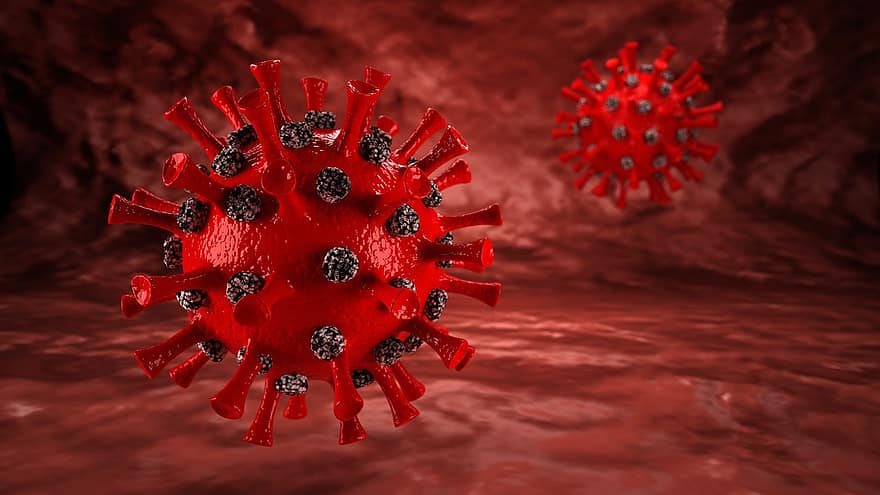News release
From:
Increased anxiety and depression symptoms appeared in early days of the pandemic
After the first 2 months, mental disorders symptoms varied significantly across populations
A review of 43 studies conducted during the COVID-19 pandemic suggests that increased number of reported infections and stringent government response to COVID-19 were associated with increased anxiety and depression symptoms in the early days of the pandemic. However, after the first 2 months, changes in symptoms varied significantly across populations. The findings are published in Annals of Internal Medicine.
Mental health experts have previously warned about the possibility of increased ill mental health due to the COVID-19 pandemic. It is important to quantify impacts on mental health to inform future public health efforts that balance minimizing both the spread of infection and possible mental health harms.
Researchers from the University of Bern, Bern, Switzerland, reviewed 43 studies comprising 331,628 participants to assess the trajectory of mental health symptoms during the first year of the pandemic and examine dose-response relations with characteristics of the pandemic and its containment. The studies measured self-reported mental health parameters including changes in symptoms of psychological distress, sleep disturbances, and mental well-being. The authors found that symptoms of depression and anxiety in the general population worsened slightly in the first 2 months of the pandemic, but mental health impacts varied significantly by population after that period. They noted that increase symptoms of depression and anxiety were associated with more stringent governmental responses and higher number of reported infections, but caution that these findings apply to the general population at the beginning of the pandemic and do not include important developments, such as later waves or variants of COVID-19. The authors suggest that while the pandemic continues and to prepare for future pandemics, governments need to ensure that adequate mental health service provision and appropriate interventions exist for those who need them.



 Australia; International; VIC
Australia; International; VIC



